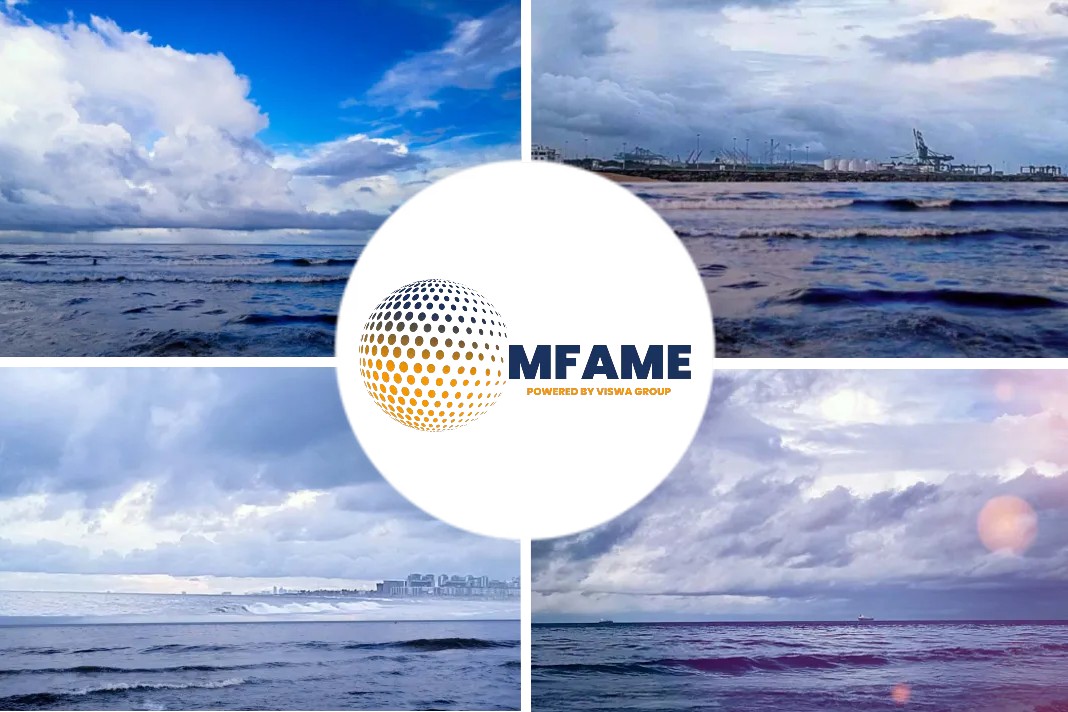VanadiumCorp announced its entry into trilateral agreement to hone in on the development of vanadium-based battery technology for marine vessel and ship propulsion systems.
Vanadium Redox Flow Battery
The SVP Project
The MOU between VanadiumCorp, Conoship, and Vega was signed on December 23rd, 2020. It outlined that the partnership would be incorporated as a Special Purpose Vehicle Company (SPV). To this end, the SPV combines Conoship and Vega’s shipping expertise with clean energy solutions from VanadiumCorp. Together, the companies will endeavor to design and develop vanadium-based batteries for ship and marine vessel propulsion systems.
Zero-Emission Shipping
The SVP project is aimed at Zero-Emission shipping markets with next-generation redox flow batteries. VanadiumCorp’s research and development work with CENELEST (The German-Australian Alliance for Electrochemical Technologies for the Storage of Renewable Energy) brings together the knowledge of both the Fraunhofer ICT (Institute for Chemical Technology) and the University of New South Wales (UNSW) in redox flow battery systems.
In a news release from earlier this month, the CEO of VanadiumCorp, Adriaan Bakker, provided his comments: “Greenhouse gas reduction is exceptionally challenging for the shipping industry. The industry’s 2050 climate goal of halving greenhouse gas emissions from 2008 levels can only be achieved with the accelerated construction of Zero-Emission Ships and novel solutions” comments, Adriaan Bakker, CEO of VanadiumCorp.
Company Contributions
VanadiumCorp will be heading up research and development; coming up with the designs for the new battery flow system, a high-energy-density electrolyte formulation of favorable energy density. The company will also be providing its network of manufacturing partners. Vega will be handling the finances of the SVP project, providing fleet operations expertise, and conducting field testing of the marine battery prototype. Marine engineering designs will be provided by Conoship to find the best format for the integration of the expertly-designed redox flow battery into the propulsion systems of marine vessels and ships.
VRFB Battery
Designing the next generation VRFB Battery with a new high energy electrolyte will not only provide a solution to the need for high-energy-density battery technologies but will allow for scaling to large capacities. Energy may be able to be delivered without waste heat, and the capacity for energy storage may be extended beyond the capabilities of current lithium-ion battery technologies.
Did you subscribe to our daily newsletter?
It’s Free! Click here to Subscribe!
Source: EEPower

















